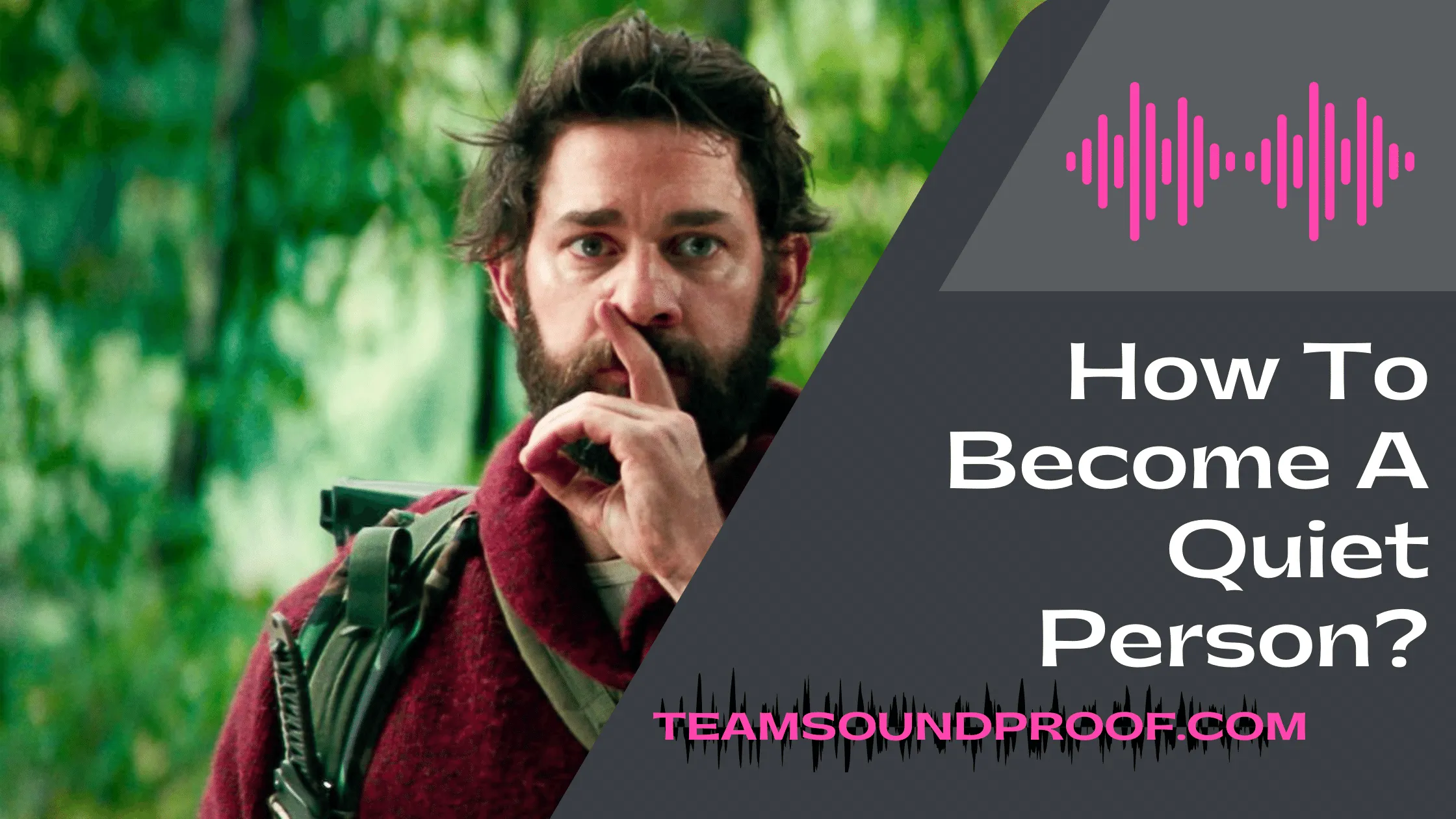We’ve all been there. You’re in a meeting, or maybe even sitting in class, when someone asks you a question you know the answer to. But you just can’t bring yourself to speak up for some reason. Maybe you’re shy or don’t want to seem like a know-it-all. Either way, it can be frustrating when you have something valuable to say but can’t find the words to say it.
But why is finding it harder stay quiet ? And what can we do about it? Here, we’ll look at the science behind why some of us find it hard to speak up and offer tips on overcoming your shyness or reluctance so that you can share your ideas with the world. Stay tuned!
Why Is It Harder to Stay Quiet Today than Ever Before?
There are a few reasons why it’s harder to stay quiet today than ever before.
Constant distractions:
The world is always-on and constantly distracting. We’re surrounded by gadgets, social media, entertainment, and other shiny things that are designed to capture our attention. It’s harder to focus and stay in the moment when so many distractions are vying for our attention.
Fear of missing out:
FOMO is a real phenomenon that constantly drives us to seek new information and experiences. We’re afraid of not being in the know or of missing out on something great, so we keep talking even when we don’t really have anything valuable to contribute.
The need for approval:
We live in a society where it’s important to be popular and well-liked. We’re constantly seeking approval from others, whether it’s through likes, comments, or shares. This need for validation can lead us to say things just to say them.
A shorter attention span:
Studies have shown that our attention spans are getting shorter and shorter. We’re used to consuming information in small bites, so we’re less likely to sit quietly and reflect on something. We want constant stimulation, which can make it hard to be quiet.
A fast-paced lifestyle:
Our lives always move at a hundred miles an hour. We’re constantly juggling work, family, and social obligations. We don’t have time just to sit and be quiet. We’re always on the go,making it difficult to find the peace and quiet we need. making it difficult to find the peace and quiet we need.
What Effects Does Finding It Harder to Stay Quiet Have?
It can have several effects, both physical and mental. Some of them are given below:
It can be harder to focus:
When you’re trying to focus on a task, it’s difficult to do when you’re also constantly fighting the urge to speak. The more noise there is around you, the harder it is for your brain to filter out the background chatter and stay focused on the task at hand.
You may miss important details:
If you’re not paying close attention, you may miss key details that are said during a meeting or presentation. This can lead to mistakes and put you at a disadvantage when trying to complete a project or task.
You might have trouble sleeping:
It’s hard to relax and fall asleep when your mind is constantly racing with all the thoughts running through your head during the day. This can lead to insomnia and other sleep disorders.
It can be frustrating for those around you:
If you’re constantly interrupting people or talking over them, it can be frustrating for those who are trying to communicate with you. This can damage relationships and make it difficult to maintain healthy communication.
You may feel anxious or stressed:
The constant need to talk can tax your mental and emotional state. This can lead to anxiety and stress. If you find that you’re constantly struggling to stay quiet, it’s important to seek help from a professional.
How Can We Make It Easier to Stay Quiet in Today’s Noisy World?
There are many ways to make staying quiet in today’s noisy world easier.
- Practice silence regularly. Just like any other skill, the more you practice being silent, the easier it will become. Schedule regular times each day (or week) when you will unplug yourself from all electronic devices and simply sit in silence.
- Make a conscious effort to keep your mouth shut. When you find yourself about to speak, ask yourself if what you’re about to say is really necessary. More often than not, the answer will be no.
- Avoid noisy environments whenever possible. If a place or situation is particularly noisy and stressful for you, try to avoid it as much as possible.
- Use noise-canceling headphones or earplugs when needed. If you absolutely must be in a noisy environment, use noise-canceling headphones or earplugs to help reduce the impact of the noise.
- Find a quiet place to retreat to when needed. Everyone needs some time alone in a quiet place occasionally. If you start to feel overwhelmed by noise, find a place where you can go.
What Are the Benefits of Staying Quiet?
There are many benefits to staying quiet.
- One benefit is that it can help you focus. When you’re not talking, you can more easily listen and pay attention to what’s happening around you.
- Another benefit is that it can help you think more clearly. When you talk, your mind is busy formulating what to say next, but when you’re quiet, your mind can wander and come up with new ideas.
- And finally, staying quiet can help you connect with others in a deeper way. People who aren’t talking tend to listen more intently, leading to stronger relationships.
Conclusion:
It’s not just our personal and professional relationships that can be harmed by the inability to keep quiet. Our mental health, productivity, and creativity are all at stake when we don’t take the time to pause and reflect.
The next time you feel yourself about to speak up in a meeting or snap at your partner, ask yourself if it’s really worth it. If the answer is no (and it usually is), bite your tongue and find another way to express yourself.
Frequently Asked Questions
What Are Some Tips for Making It Easier to Stay Quiet?
Some tips for making it easier to stay quiet include: practicing silence regularly, making a conscious effort to keep your mouth shut, avoiding noisy environments whenever possible, using noise-canceling headphones or earplugs when needed, and finding a quiet place to retreat to when needed.





